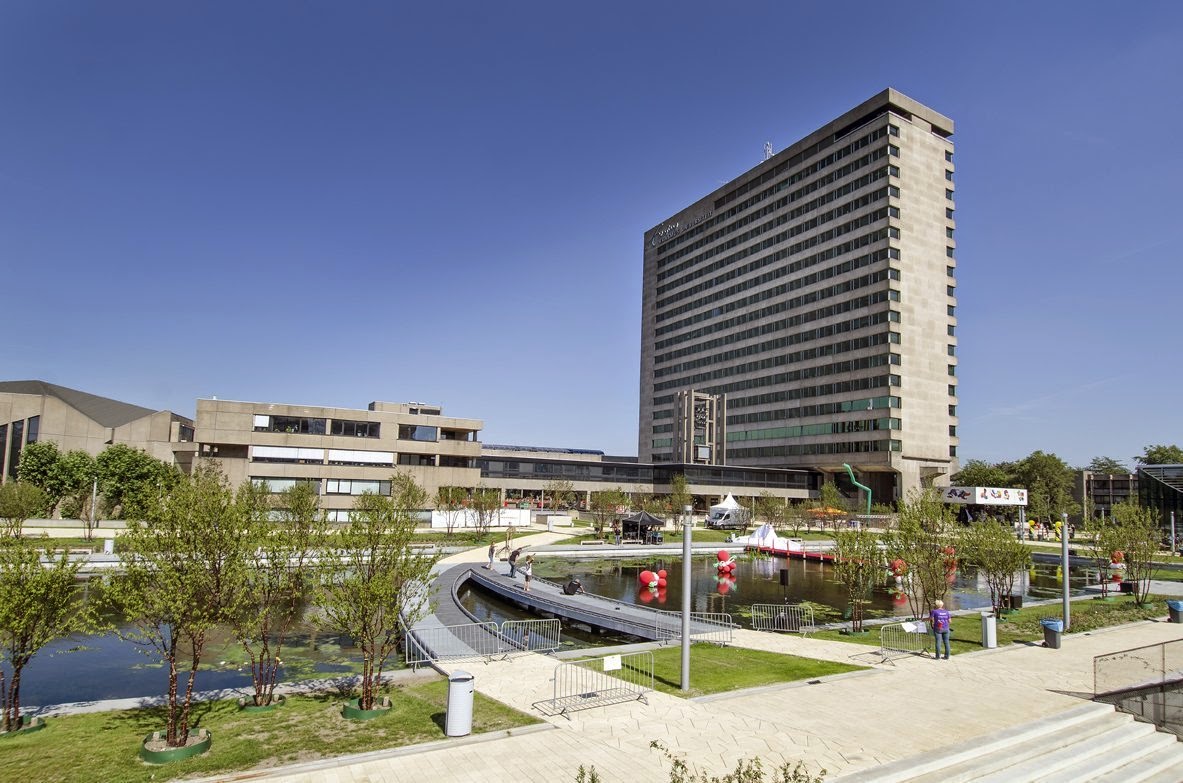The European Commission has warned EU citizens that they should close their Facebook
accounts if they want to keep information private from US security
services, finding that current Safe Harbour legislation does not protect citizen’s data.
The case, dubbed “the Facebook data privacy case”, concerns the current Safe Harbour framework, which covers the transmission of EU citizens’ data across the Atlantic to the US. Without the framework, it is against EU law to transmit private data outside of the EU. The case collects complaints lodged against Apple, Facebook, Microsoft, Microsoft-owned Skype and Yahoo.
Schrems maintains that companies operating inside the EU should not be allowed to transfer data to the US under Safe Harbour protections – which state that US data protection rules are adequate if information is passed by companies on a “self-certify” basis – because the US no longer qualifies for such a status.
The case argues that the US government’s Prism data collection program, revealed by Edward Snowden in the NSA files, which sees EU citizens’ data held by US companies passed on to US intelligence agencies, breaches the EU’s Data Protection Directive “adequacy” standard for privacy protection, meaning that the Safe Harbour framework no longer applies and does not protect citizen’s data.
The comments were made by EC attorney Bernhard Schima in a case brought by privacy campaigner Maximilian Schrems, looking at whether the data of EU citizens should be considered safe if sent to the US in a post-Snowden revelation landscape.
“You might consider closing your Facebook account, if you have one,” Schima told attorney general Yves Bot in a hearing of the case at the European court of justice in Luxembourg.
Read more: Leave Facebook if you don't want to be spied on, warns EU | Technology | The Guardian
The case, dubbed “the Facebook data privacy case”, concerns the current Safe Harbour framework, which covers the transmission of EU citizens’ data across the Atlantic to the US. Without the framework, it is against EU law to transmit private data outside of the EU. The case collects complaints lodged against Apple, Facebook, Microsoft, Microsoft-owned Skype and Yahoo.
Schrems maintains that companies operating inside the EU should not be allowed to transfer data to the US under Safe Harbour protections – which state that US data protection rules are adequate if information is passed by companies on a “self-certify” basis – because the US no longer qualifies for such a status.
The case argues that the US government’s Prism data collection program, revealed by Edward Snowden in the NSA files, which sees EU citizens’ data held by US companies passed on to US intelligence agencies, breaches the EU’s Data Protection Directive “adequacy” standard for privacy protection, meaning that the Safe Harbour framework no longer applies and does not protect citizen’s data.
The comments were made by EC attorney Bernhard Schima in a case brought by privacy campaigner Maximilian Schrems, looking at whether the data of EU citizens should be considered safe if sent to the US in a post-Snowden revelation landscape.
“You might consider closing your Facebook account, if you have one,” Schima told attorney general Yves Bot in a hearing of the case at the European court of justice in Luxembourg.
Read more: Leave Facebook if you don't want to be spied on, warns EU | Technology | The Guardian




